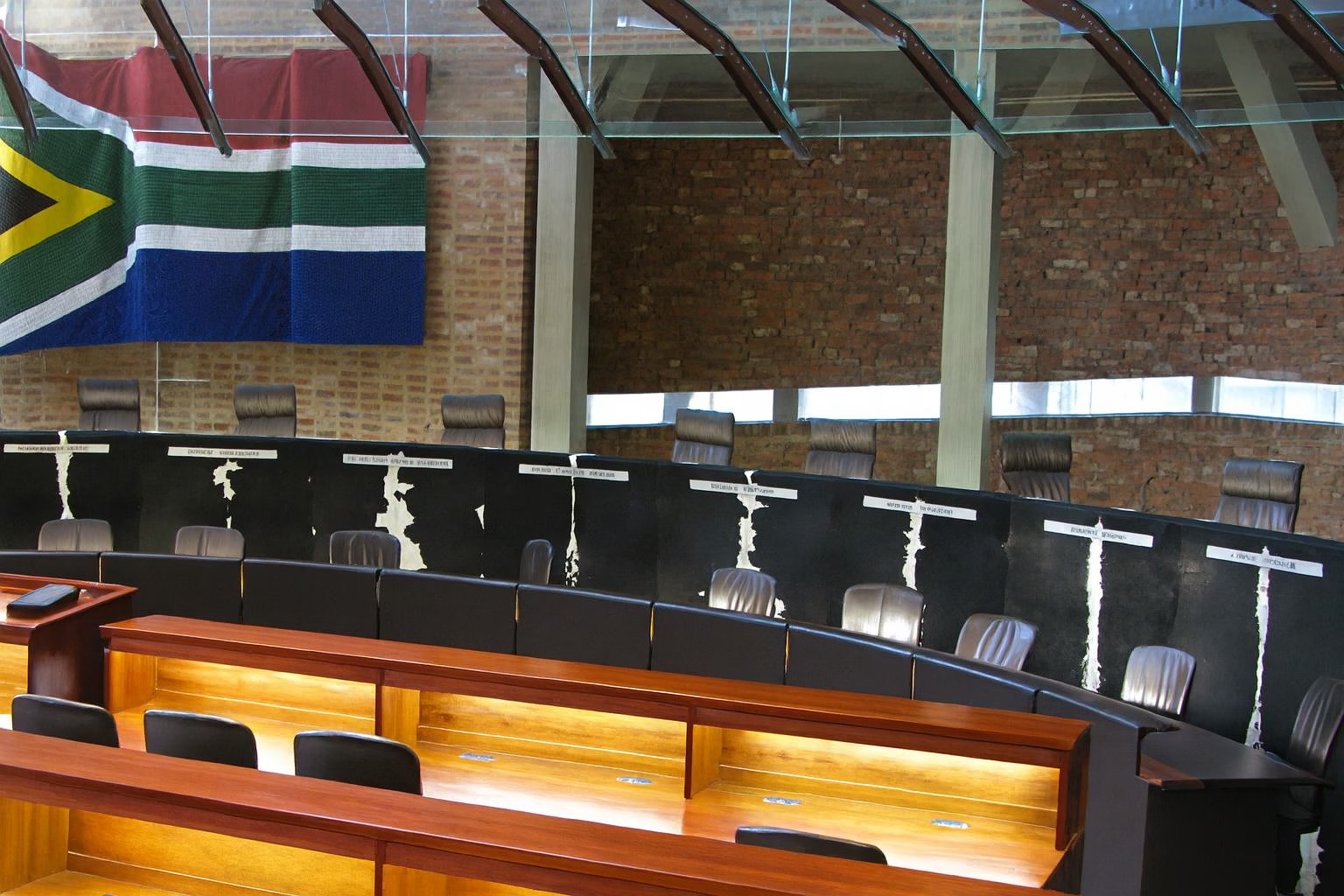South Africa stands on the brink of a legal milestone as sex workers and rights activists mount a constitutional challenge to laws that have criminalised prostitution since 1957. The case, initiated by the Sex Workers Education and Advocacy Taskforce (SWEAT) and an individual applicant known as S.H., seeks to overturn long-standing legal barriers that prohibit the sale and solicitation of sex.
The lawsuit, which targets the 1957 Sexual Offenses Act, the 2007 Sexual Offenses Amendment Act, and municipal by-laws in Cape Town, is likely to ignite one of the most polarising legal debates in recent memory. For the first time in decades, the constitutionality of South Africa’s prohibition on sex work is formally under scrutiny. The case is expected to be heard in May 2026 at the Western Cape High Court.
Sixteen civil society organisations have been admitted as amici curiae – friends of the court – and are expected to present arguments both for and against decriminalisation. The sheer breadth of perspectives entering the courtroom speaks to the complexity of the issue. The Minister of Justice, a defendant in the case, has welcomed the development. Ministry spokesperson Terrence Manase noted on Thursday:
“The input from the organizations would help the court arrive at a just and equitable judgment on the broader issue concerning the decriminalization of sex work.”
Among the groups supporting the application are the Treatment Action Campaign (TAC) and Sonke Gender Justice. Their arguments rest heavily on claims that criminalisation deters sex workers from reporting violent crimes, especially when the perpetrators are police officers. SECTION27, a human rights law centre representing TAC and Sonke, stated:
“The organizations will present evidence of sex workers’ lack of trust in the police and evidence of sexual violence and rape perpetrated by the police.”
This testimony raises grave questions about law enforcement accountability and the vulnerability of those working in the shadows of legality. Yet this vulnerability forms only part of a far wider discussion about whether decriminalisation would address, or deepen, the entrenched dangers sex workers face in South Africa.
The opposition is not without force. Cause for Justice, a vocal counterparty in the case, believes that the court must preserve the existing legal framework. It insists that allowing the commodification of sex undermines human dignity. As they argued:
“Prostitution constitutes the commodification of the human body, reducing people to commercial sex objects for the gratification of predatory individuals.”
Their argument is likely to resonate with many concerned citizens, not from a puritanical stance, but because of very real fears that the country’s social infrastructure is simply not capable of absorbing the consequences of full decriminalisation.
South Africa is grappling with an overburdened criminal justice system and widespread dysfunction within its police service. Reports of poor investigative standards, evidence tampering, and failures to protect victims—especially women—are alarmingly routine. Introducing decriminalised sex work into such an environment, without first reforming the underlying institutions, risks inflaming a volatile crisis.
The rise of gender-based violence in the country is already staggering. If laws change before systemic reforms are realised, the consequences could be devastating. Shelters for abused and exploited women are woefully under-resourced. Social services are stretched thin. In this context, simply legalising sex work could function less as a liberation and more as a quiet abandonment.
There is a deeper concern here that must not be ignored: the act of legalisation, without the safety net of adequate healthcare systems, policing reform, or well-funded support services, risks leaving vulnerable individuals even more exposed to harm. The industry would become more visible, yes—but not necessarily safer.
The debate also touches on South Africa’s moral fabric. As a country where religious belief remains deeply embedded in daily life—across Christian, Muslim, Hindu, and traditional African faith communities—many citizens view the legalisation of sex work as a departure from long-held ethical values.
Religious leaders have often framed the issue not merely as a legal or health matter, but one that speaks to the collective conscience of the nation. For these communities, the decriminalisation of sex work represents more than policy reform; it symbolises a cultural shift that could erode social cohesion and moral accountability, particularly among youth. While the Constitution protects freedom of belief and expression, any legal change of this magnitude would need to reckon with the spiritual convictions of a substantial portion of the population.
The precedent elsewhere on the continent offers no straightforward solution. While most African nations criminalise sex work in some form, enforcement varies widely. Senegal and Mozambique have adopted regulatory frameworks, but whether these models have reduced exploitation is a matter of ongoing debate. South Africa’s blanket ban, on the other hand, has created its own perils by pushing the trade underground.
That said, the demand to reform the law stems not only from advocacy groups but also from real and often harrowing lived experiences. It is undeniable that criminalisation stigmatises sex workers, restricts access to healthcare, and places them at the mercy of both clients and authorities.
But the question remains: is South Africa prepared to implement a rights-based approach to sex work, or will a sudden shift in the law merely open the floodgates to unchecked abuse?
The court’s decision in 2026 will have far-reaching implications. It may redefine how sex work is viewed not just in law, but in the public consciousness. However, to truly ensure dignity and safety for those in the industry, legal reform must be matched with real institutional change—something that remains sorely lacking in today’s South Africa.

















